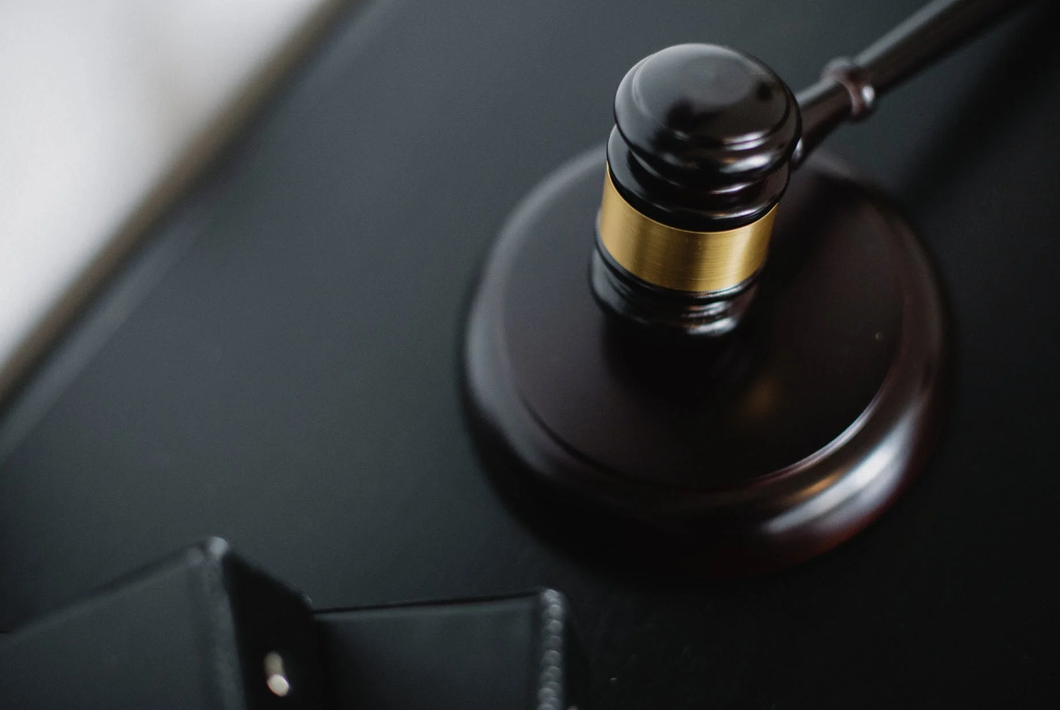Slander may be difficult to prove, but keeping extensive records and speaking to people who can be witnesses to your case will help you through the process.
Reputations are vital, both in business and personal life. You want people to think highly of you. You want them to know you’re a good person, your company is reliable, and they can count on you.
This is the basis of any good business: having a reputation that customers trust and want to tell others about. Word of mouth is still one of the most impactful forms of advertising.
But what happens when someone speaks badly about you in an attempt to try and ruin your reputation?
Slander is a tricky thing. And it can be harmful to a business, especially one that relies on its reputation.
The obvious answer you may think of is suing for defamation, but there is more to it than just jumping right into a lawsuit.
So what should you do if someone slanders you or your business?
What is slander?
By definition, slander is the act of harming another person’s reputation by telling one or more other people something untrue or damaging about that person.
It’s essential to understand what slander is and if it has actually happened to you before throwing around accusations.
You don’t want to spend the time, energy, and money attempting to sue someone for slandering you only to be met with no consequences for them because you didn’t fully understand what slander was.
Think of it this way: If someone is unhappy with a service you provided them and tells you to your face that your business is horrible, that wouldn’t be slander. Sure, their words may not feel great to hear, but they didn’t talk badly about you to other people in hopes of ruining your reputation.
On the other hand, if someone is going around telling people you did a horrible job for them and the statement is false, this could be a slander case. They are attempting to damage your reputation through word of mouth.
How can I defend myself against slander?
Your first step should be to confirm your case is slander and you are able to prove it. Then, it’s best to contact a lawyer. They will be able to help you through the process and guide you in the right direction.
Having a lawyer on your side ensures you’re taking the proper steps to get the results you want. These claims can be complicated, so it’s best not to attempt anything without a reputable attorney helping you.
You will have to present information proving the slander occurred. There are three things you’ll have to prove for your case to be considered.
#1 – The Statement Was Untrue
Someone speaking badly about you can be an awful feeling. But if someone is telling others about the horrible job you did for them when it was, in fact, an awful job, you can’t call this slander.
The person is telling others their honest experience with your company.
For example: If someone asked you to trim their hedges and you made them completely uneven and an eyesore, they have every right to tell people you did so. This isn’t slander.
However, if you trimmed their hedges perfectly and did everything you were asked, they can’t go around telling people you trimmed their hedges unevenly and did a horrible job. You can call this slander.
The first step to your slander case is to prove that the statements being made are, in fact, false. This may be done through photo evidence you’ve taken, other’s statements, or other forms of documentation.
#2 – The Statement Had Negative Consequences
You will also have to prove the person’s statement did negatively impact you in some way.
For example: going back to the hedge theory. If someone is falsely claiming you did a poor job trimming their hedges to someone who doesn’t even own a home, you can’t exactly claim that had a negative impact on your business.
However, if that person who doesn’t own a home went and made false statements to four of their friends who did have homes, and they decided not to hire you because of it, you can consider that slander. You missed out on potential business opportunities because of false statements.
#3 – The Statement Was Made With the Intent to Harm
The last thing you’ll have to prove in a slander case is that the person made their statement knowing it was false and would cause harm to your business.
For example: If someone thinks you incorrectly installed something but they have no knowledge of the job you did, they may not realize their statement is harmful or untrue.
Though it may not be the brightest idea for people to criticize a job they know nothing about, it doesn’t mean they did it with bad intentions. They are just not knowledgeable about the subject.
However, if the person does have the knowledge, or if the job you did is easy to tell whether it’s right or wrong, and the person still makes untrue and harmful statements about you, then you can call it slander.

What to Do With Proof of Slander
Slander can be a little harder to deal with than other kinds of defamation. Because it is verbal, proof can be more challenging to come by. You will have to do your due diligence in finding the proper evidence you need to back up your claims.
If you know your case is strong and you have all the proof you need, find a good lawyer who has taken on slander cases in the past. You’ll want someone with experience on your side.
Your lawyer can help you with the next steps. They will help you file a lawsuit. You will then have to take your case to court and hope for the best. If you win, you may be awarded damages for the slander you incurred.
Taking Steps to Fight Slander
It can be disheartening to know someone is making false statements about your small business or yourself. But, there are ways you can fight back.
Slander may be difficult to prove, but keeping extensive records and speaking to people who can be witnesses to your case will help you through the process.
If you feel you have been a victim of slander, follow these steps to ensure you are fighting back against false claims.


Join the conversation!